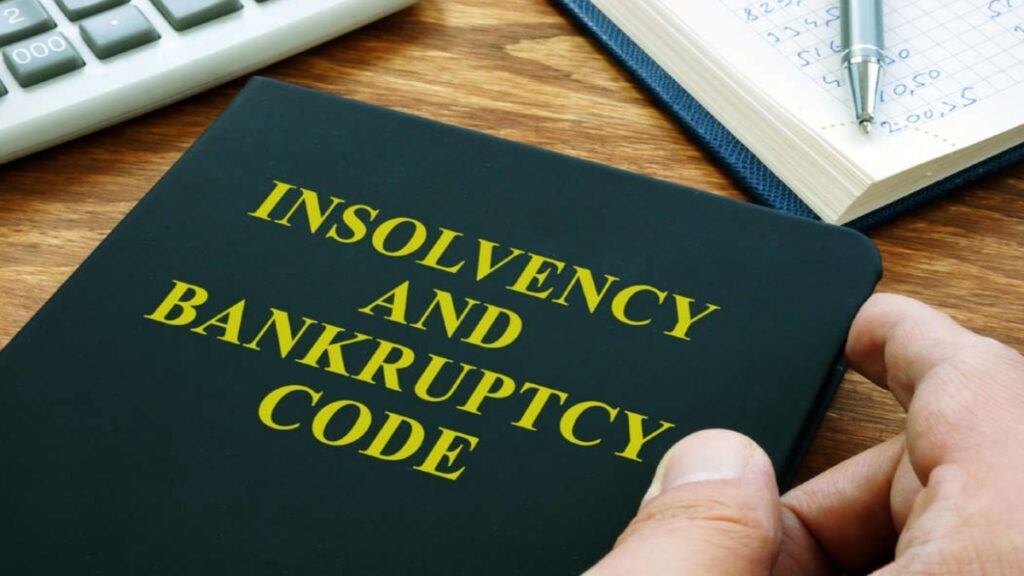THE INSOLVENCY AND ARBITRATION CLASH: NAVIGATING THE SCOPE OF MORATORIUM UNDER SECTION 14 OF IBC
Recently, The National Company Law Tribunal (NCLT), Kolkata ruled in the case of Mahavir Industrial Corporation vs. Hindustan Controls and Equipment Private Limited that it lacks the jurisdiction to set aside an arbitral award even if it has been passed in course of moratorium under Section 14 of the Insolvency and Bankruptcy Code (IBC). The …


